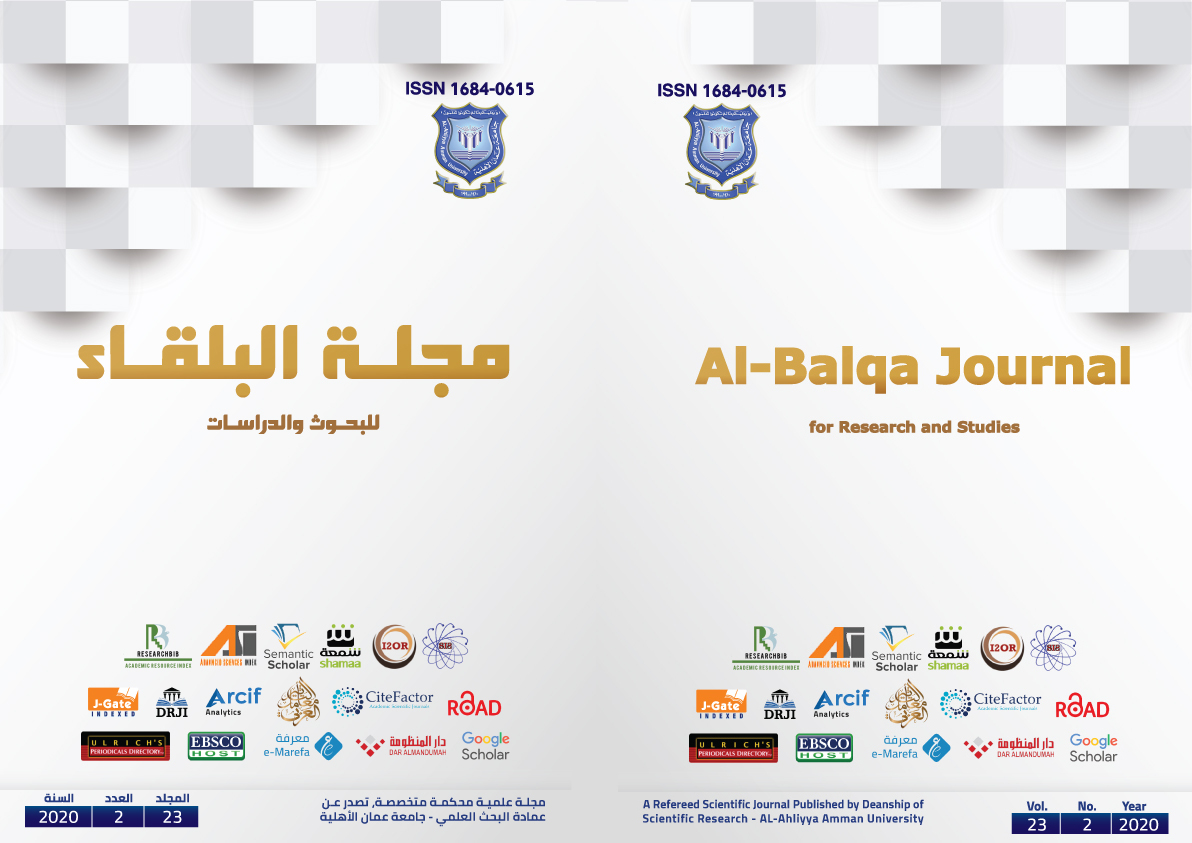Al-Balqa Journal for Research and Studies البلقاء للبحوث والدراسات

Abstract
This study aims at providing an overview of three decades of core self-evaluation theory and research. It focuses on each of its concepts and criteria and briefly explains its history with a particular emphasis on a critical evaluation of the theory, classification of the mechanisms of its impact on direct outcomes, mediation, moderation, its measurement approaches and models. The study conducted a comprehensive inventory of all qualitative and quantitative research and studies conducted on self-evaluations, which are available on the Web of Science & Scopus of 25 published studies. The findings revealed that core self-evaluation can have a significant impact on enriching research in the fields of organizational behavior and human resource management, and is the primary factor influencing job satisfaction and job performance variables. According to the theory, its three criteria must be met, its characteristics must be structurally compatible and multidimensional, and must share similar relationships with other variables. Critical evaluation of the theory has revealed its growing popularity, as evidenced by positive comments, areas for further development, and responses to criticisms of its correctness of construction. It was stressed that there was a significant variation in a large number of imposed findings of its proposed impact in the larger conceptual framework of avoidance/approach, moderation, and mediation. Furthermore, the study recommends a theoretical understanding of the traits that comprise a theory. To enable organizations to make effective decisions, research must focus on testing the potential to change within individuals and assessing the utility in recruitment and performance management.
Recommended Citation
Al-Sagga/ Besaiso, Shefa Salem; Al-Din Shokr, Laila Hossam; and Al-Agry, Dina Farouk
(2022)
"Critical Assessment of Core Self‐Evaluations Theory,"
Al-Balqa Journal for Research and Studies البلقاء للبحوث والدراسات: Vol. 25:
Iss.
2, Article 10.
Available at:
https://digitalcommons.aaru.edu.jo/albalqa/vol25/iss2/10

